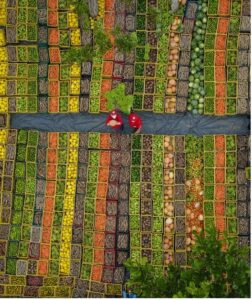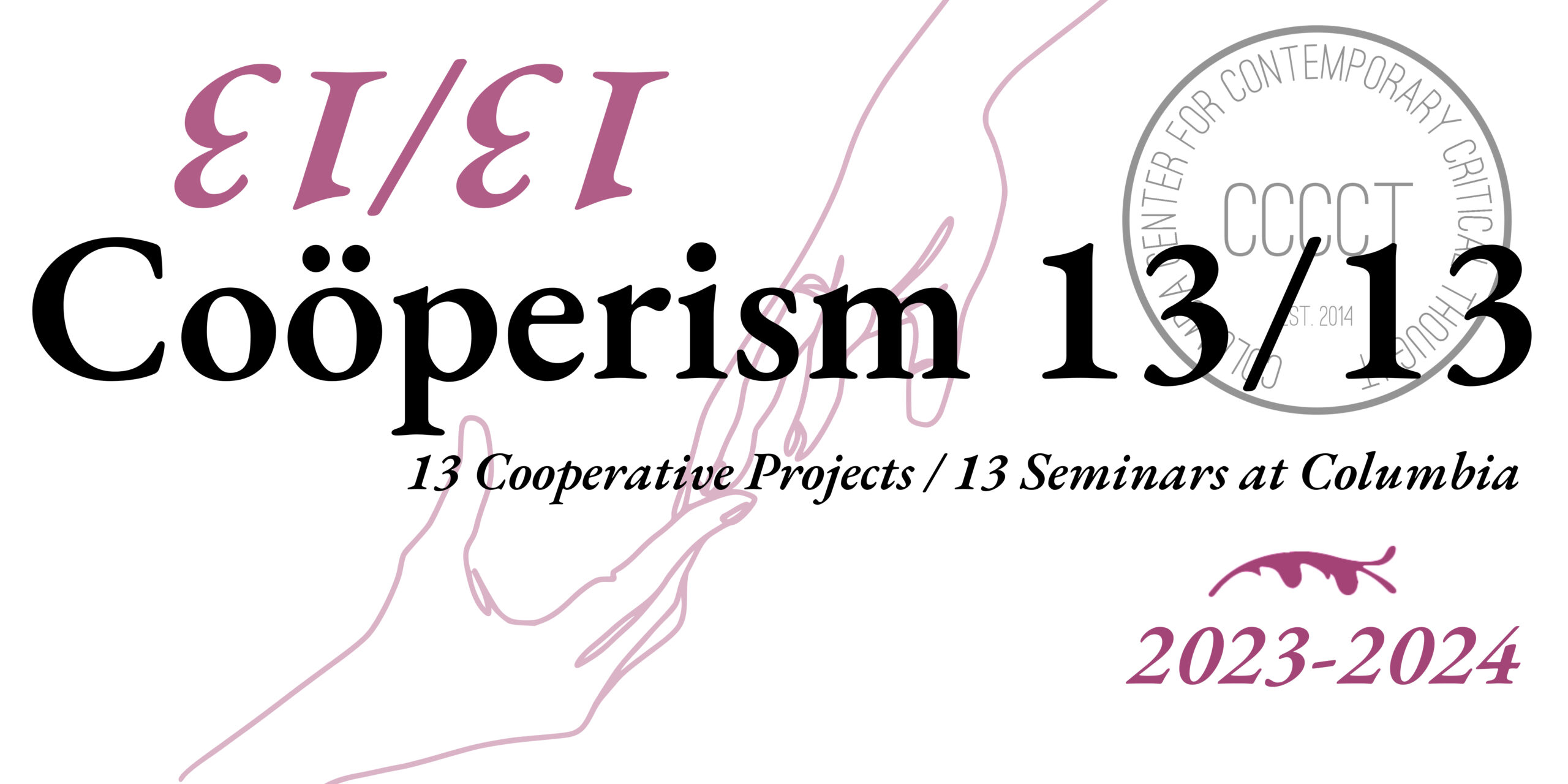By Bernard E. Harcourt
I was originally attracted to Brazil’s Landless Workers Movement (MST) because it is one of the largest social movements in Latin America, according to many reports, and places cooperation and forms of cooperative production at the heart of its mission.
What struck me as we studied the MST is how the forms of cooperation within the movement have evolved historically from, in the mid-1990s, a more traditional model of the Western producer cooperatives to, at present, a model of cooperation based on the values and cultural context of the camponês (“someone from the countryside,” usually translated as rural workers, peasants, farmers or farmworkers) which focus on family and land in a unique way. This has brought about a sui generis form of cooperation that is unique to the local traditions of family and land.
During the 1990s, MST experimented with the traditional Western-style producer cooperatives, but that model did not galvanize workers (see Diniz & Gilbert, p. 23). The members resisted the division of labor inherent to more industrialized agriculture, felt that the cooperatives undervalued children’s labor, did not appreciate the forms of specialization, and felt that there was not sufficient attention paid to the urgency of moment. Those traditional forms of cooperatives felt alienating.
So, beginning in the mid-2000s, the MST reoriented its praxis toward forms of cooperation built around assemblies of families, drew on the logics of camponês sociability, and underscored that “collective associations are explicitly linked to their roots in the family.” (Diniz & Gilbert, p. 29) This represented a turn toward more informal mechanisms of cooperation centered on the family. As Diniz and Gilbert explain, “Since full-scale cooperatives are difficult to administer and require at least 20 members and formal legal registration, the movement has been successful in promoting many smaller and more informal associations that are far more flexible and answer much more intimately to the logic of family-based agriculture.” (Diniz & Gilbert, p. 29)
Naturally, one would expect different forms of cooperation to emerge in every different social movement, as their specific values get reflected through the prism of coöpower. The MST is a brilliant case study in this regard.

Visit of Lula to Landless Workers Movement (2023). Photo credit: Ricardo Stuckert.
